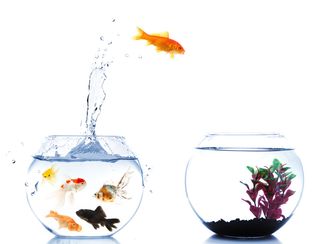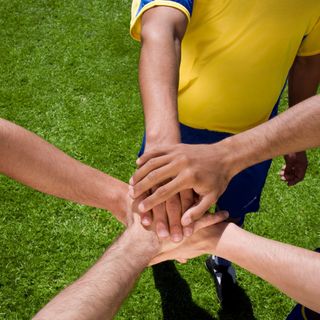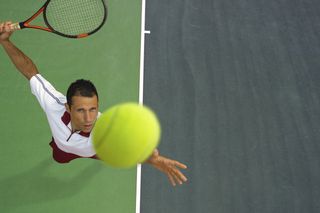InBuB
Institute for Movement Education and Movement Research. We are interested in movement and research movement phenomena from a pedagogical approach. We align our work in an interdisciplinary manner and open our projects to practitioners and users from the various fields of our movement, game and sport culture. Get in touch if you have any questions or suggestions for us!
sekretariat@inbub.de
Continue

Approach & philosophy
With the Institute for Movement Research and Movement Education (InBuB) we offer researchers and users a common platform. Here, movement science models and theories are tested in a practical manner, but also innovations from practice and the economy are evaluated with regard to their possible applications and potential effects. The connection between the terms "education" and "movement" marks the core of our philosophy. We understand movement as a basic anthropological category. That is why we are interested in topics, ideas, concepts and products that have implications for development and learning, but also for the improvement of physical activity and quality of life.
More on this

Tasks & goals
We understand our work classically: we create, offer and transfer knowledge on the subject of movement. In addition to research, the discourse and the utilization of knowledge is therefore important to us. In addition to theoretical and empirical knowledge transfer, knowledge transfer should also explicitly capture experience and practice-related knowledge in all its facets and levels of meaning and feed it into the discourse. This transfer is secured by means of empirical research methods in order to filter out an interdisciplinary consensus and to channel applications that are optimized for practice, taking into account moral and ethical maxims as well as the entirety of people.
More on this

Understanding of movement
On the basis of systemic understanding of movement, connections between the movement and the education topic are established and systematically researched. The orientation towards the phenomenon of human "movement" and the discourse about human images takes on trend-setting functions on the theoretical level. In the application orientation, the focus is on the level of the (re) construction of methodological decisions and their justification. In this way, concepts for teaching and learning movements are developed, implemented and evaluated on both the micro and the macro level. In addition to the typical settings from the field of education (school, kindergarten, university, experiential education, etc.), we are also interested in movement education processes in the context of health care and competitive sports, as well as other fields in which people bring their best to the point.
More on this
Subscribe to our newsletter!

